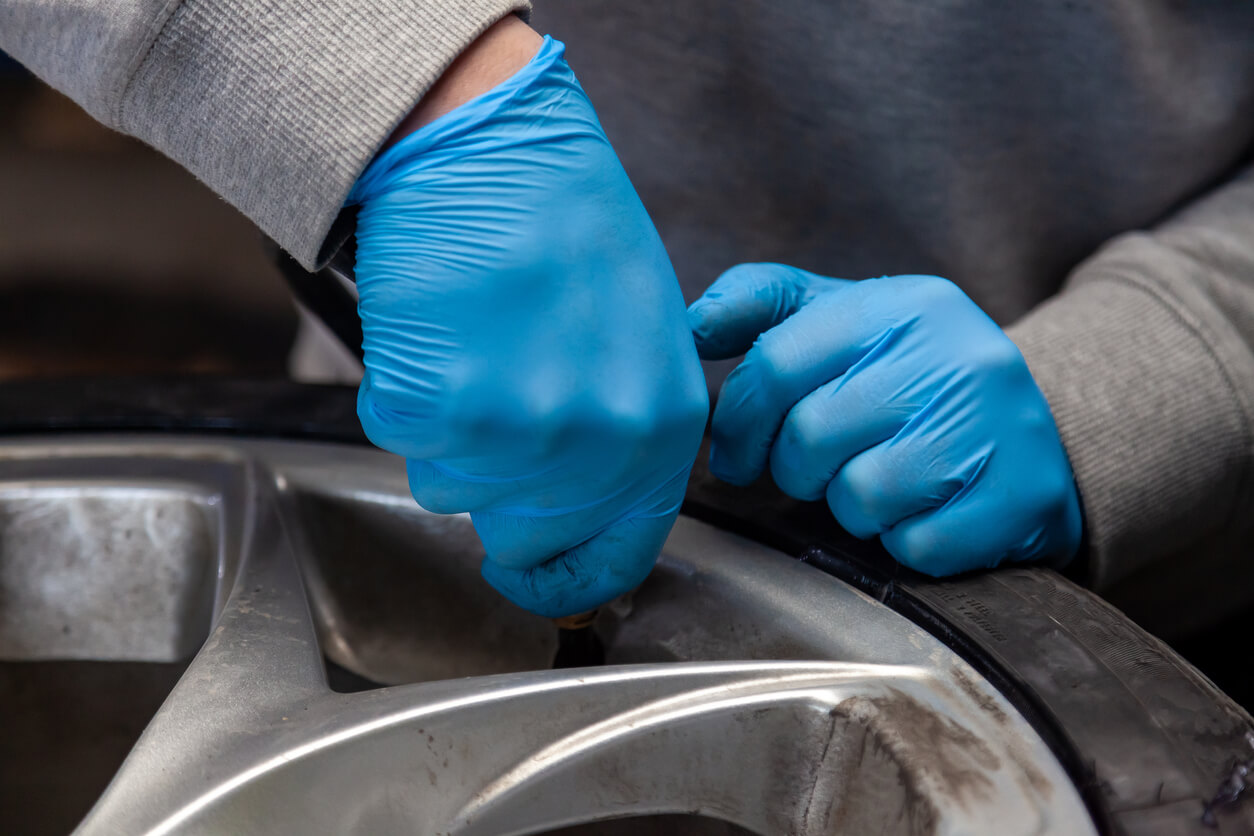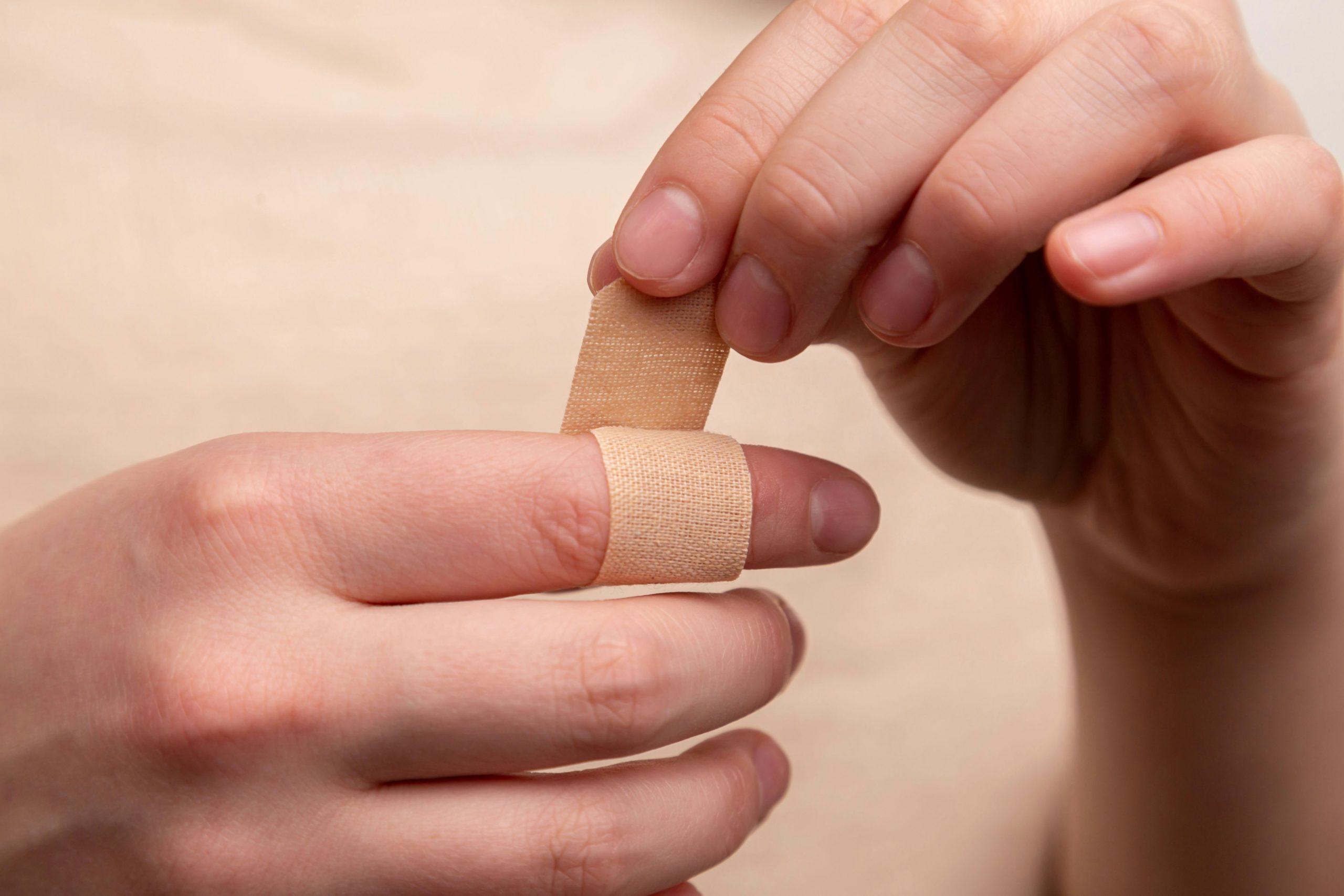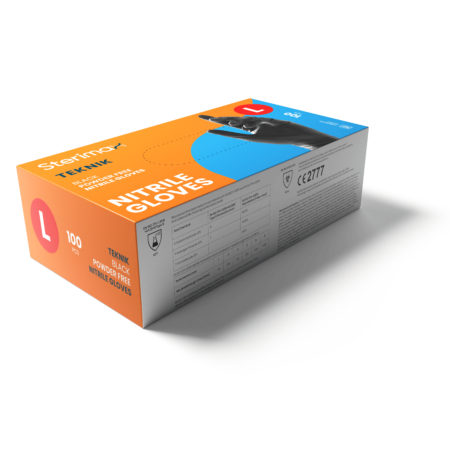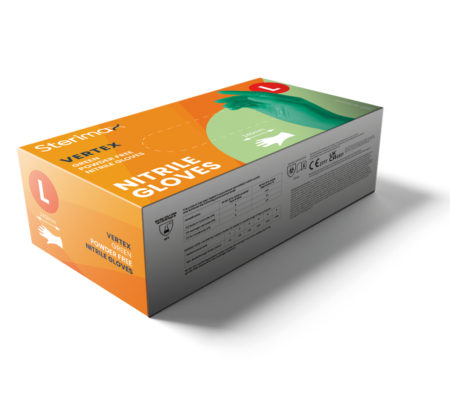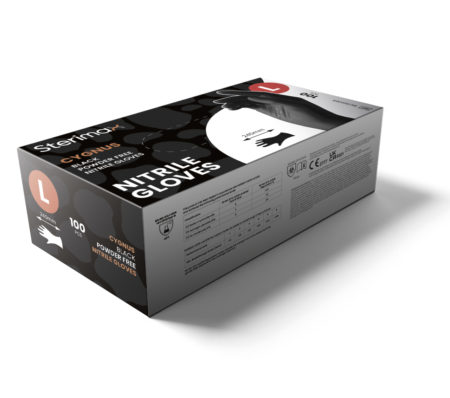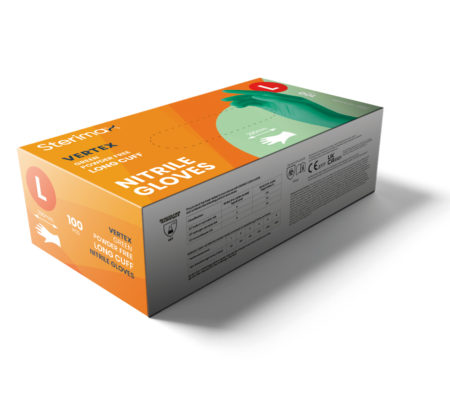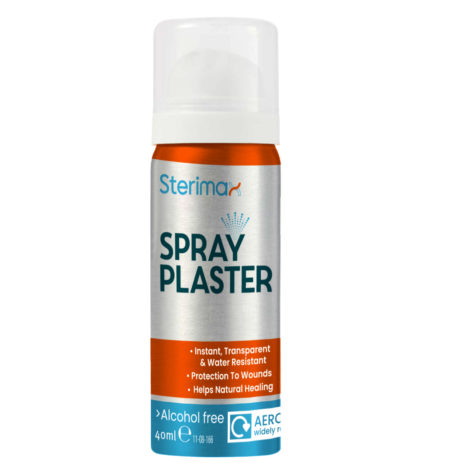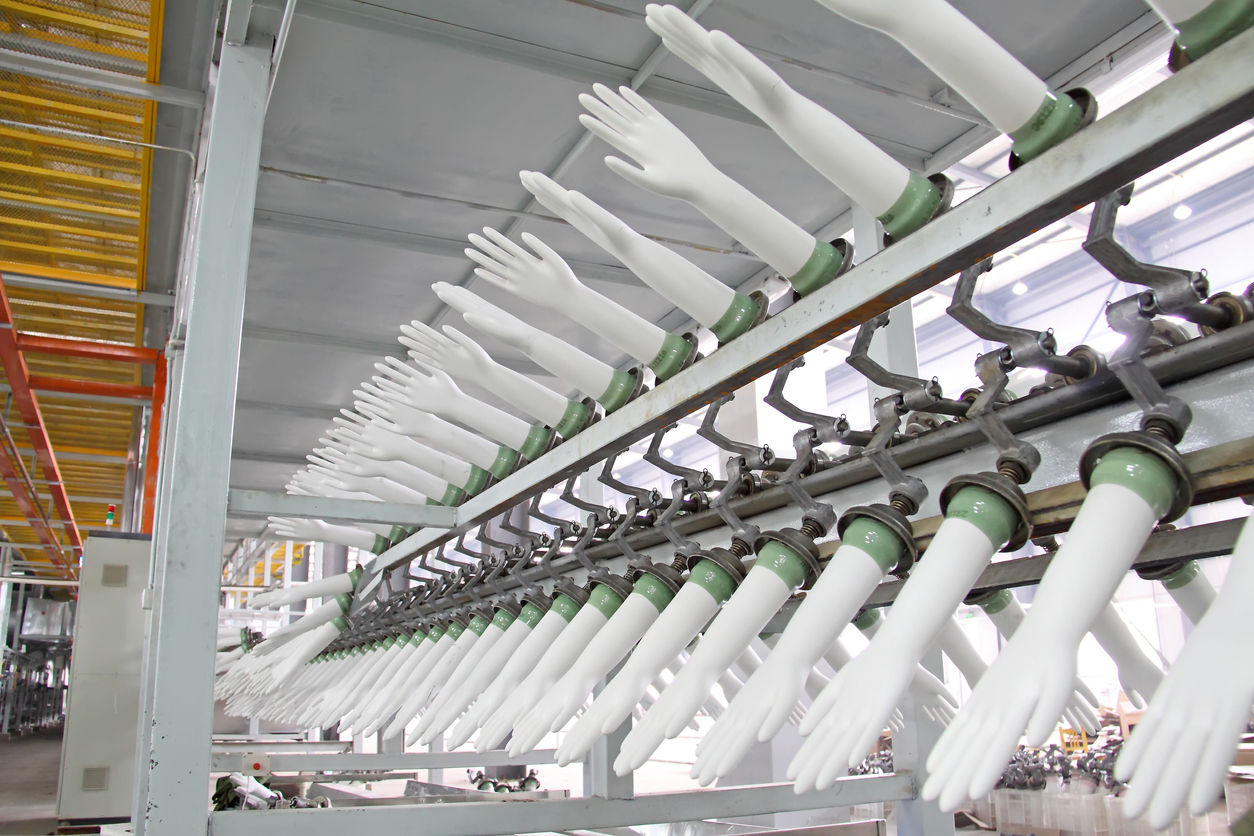Choosing the right disposable gloves for the job is crucial if you work with chemicals, abrasives, or food. The big three options – latex, nitrile, and vinyl – all protect your hands. But they have different characteristics for specific jobs.
Latex Gloves
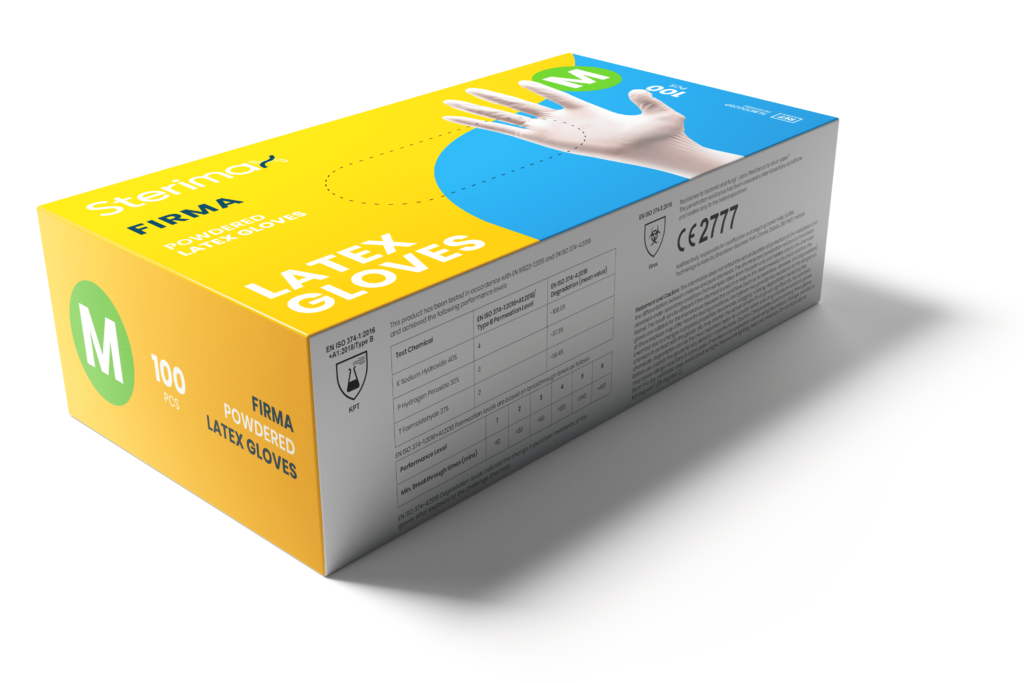
Latex gloves have traditionally been the go-to in healthcare settings due to their exceptional dexterity. However, they have since been replaced by nitrile in most settings.
Latex’s elasticity allows these gloves to conform closely to the hands for a comfortable fit. Latex also provides an effective barrier against many chemicals and pathogens.
The downside is that natural latex can trigger allergic reactions in some people, and healthcare workers who wear latex gloves for extended periods risk developing an allergy.
For jobs requiring fine motor skills and frequent changing of gloves, such as surgical procedures, latex remains a top performer. Nurses, dentists, and lab technicians often prefer latex for precision work. The snug fit and sensitivity enable intricate manipulations. Just take care to avoid latex with anyone who has a known allergy.
Nitrile Gloves
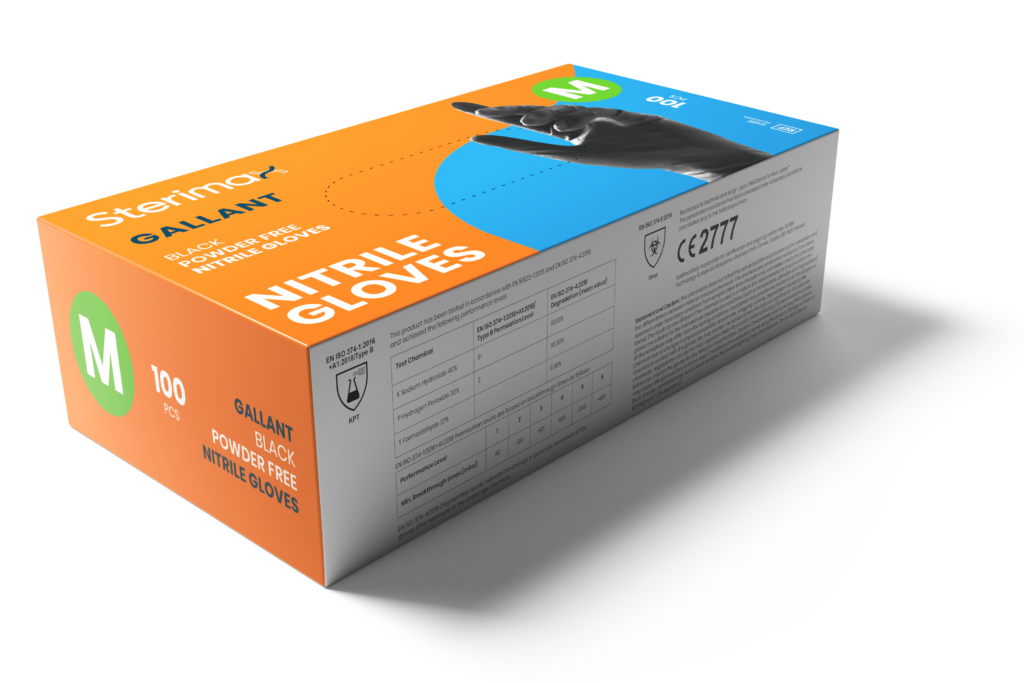
Nitrile gloves offer an alternative for those sensitive to natural rubber latex. Nitrile is a synthetic rubber made from acrylonitrile and other chemical compounds. It has similar elasticity, durability and fit to natural rubber without the allergy risks and offers superior tensile strength, making it ideal for mechanical use cases.
Nitrile gloves resist punctures and abrasions better than latex or vinyl. Their superior chemical resistance makes them ideal for handling oils, greases, solvents, and other chemicals that quickly degrade natural rubbers. However, the thicker material does result in slightly less dexterity than latex.
Professionals who handle chemicals extensively, such as auto mechanics and industrial workers, often prefer nitrile gloves. They stand up well to harsh cleaners, fuels, and other hazardous substances. The added safety and longevity offset the moderate loss of sensitivity. Those prone to latex allergies also favour nitrile for its robust synthetic protection.
Vinyl Gloves
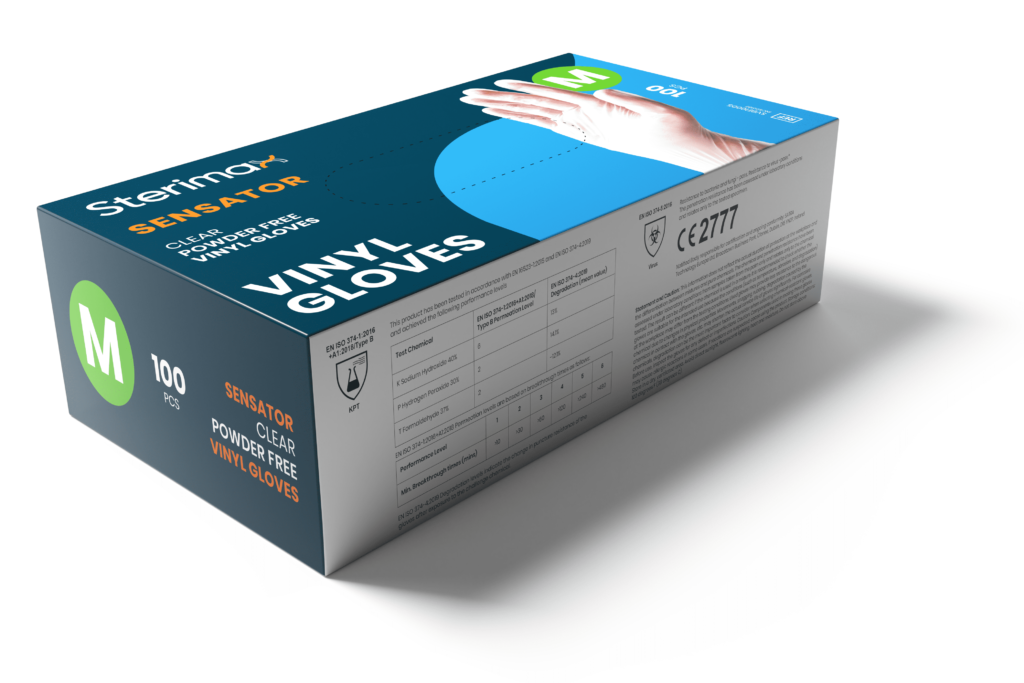
Vinyl gloves are economical for short-term food handling and other essential tasks. The vinyl material is much less elastic than latex or nitrile. Gloves may feel loose fitting as a result. While vinyl gloves are non-allergenic, their looser fit sacrifices the fine dexterity of latex.
The main advantages of vinyl gloves include affordability and food safety. Vinyl resists oils and fats well, so food servers, deli workers, and kitchen staff can change vinyl gloves frequently without the risk of cross-contamination or busting budgets. The non-absorbent material won’t contaminate food by transferring tastes or odours.
Just note that vinyl has poor chemical resistance compared to latex or nitrile. Vinyl gloves will quickly degrade when exposed to cleaners, oils, and other chemicals. Stick with vinyl for food prep and light-duty applications only.
Selecting the Right Disposable Glove
Consider dexterity needs, chemical and puncture resistance, potential latex allergies and budget when deciding which to use.
Finding the perfect disposable glove doesn’t have to be tricky. We are experts on latex, nitrile, and vinyl gloves. We supply major manufacturers, hospitals, and businesses across all industries. Reach out for advice. We’re eager to lend a hand.
